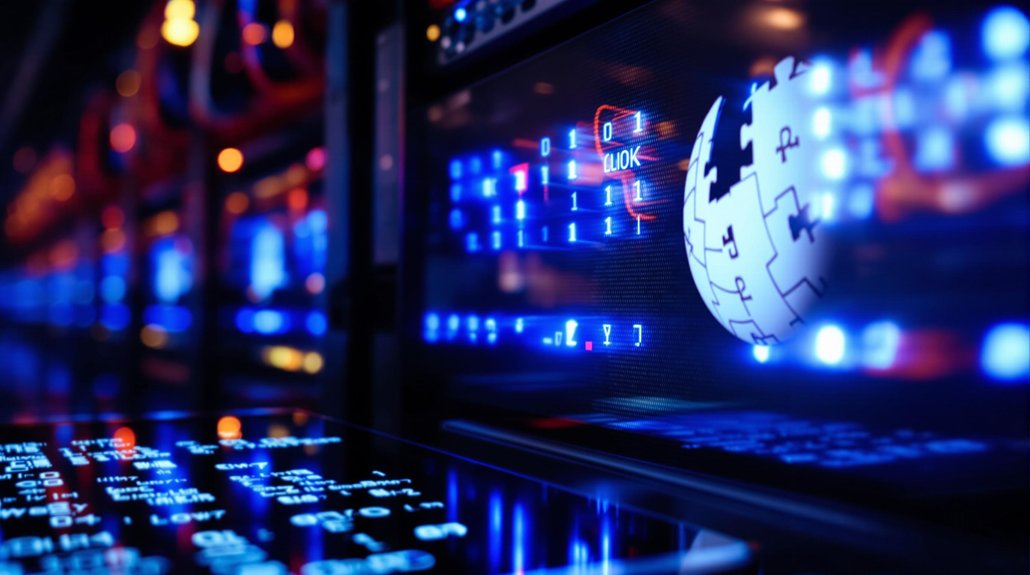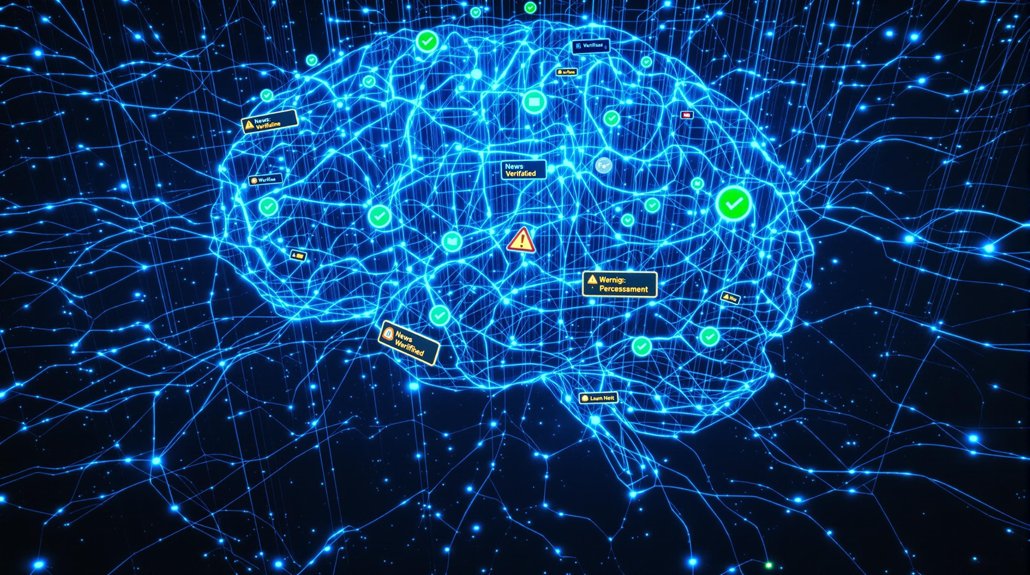Wikipedia has launched a surprising strategy to handle AI companies using its content. The online encyclopedia now offers legal access to its database, hoping to stop unauthorized data scraping. This move aims to protect its servers while ensuring AI systems use accurate information. It’s a practical solution to a growing problem in the tech world. What remains unclear is how this arrangement will shape the future relationship between free knowledge sources and commercial AI developers.
In a surprising move that could reshape how AI companies use online information, Wikipedia has launched a new initiative to provide direct, legal access to its vast database. The plan aims to stop unauthorized web scraping by giving AI developers an official way to use Wikipedia’s content. This approach could help guarantee AI systems use accurate, up-to-date information instead of potentially outdated data collected through unofficial means.
Wikipedia’s bold initiative gives AI developers legal access to its knowledge, ensuring systems use accurate data rather than outdated scrapes.
Web scraping has been a problem for Wikipedia for years. When scrapers collect data, they often ignore Wikipedia’s terms of use and can overload the site’s servers, making the website slower for regular users. These scrapers also don’t always get updated information, which means AI systems might use old or incorrect facts. This issue is particularly problematic when scrapers employ ad hoc techniques instead of following established data interchange protocols.
The new initiative creates a clear legal pathway for using Wikipedia’s content. AI companies can now be certain they’re following the rules without operating in gray areas of the law. This gives developers confidence about data rights and could become important for companies wanting to build trustworthy AI products. The organization is distributing this data in structured JSON format specifically optimized for machine learning integration.
From a technical standpoint, Wikipedia is likely providing data through APIs or bulk downloads that are designed for computer systems to use easily. These methods put less strain on servers than uncoordinated scraping and may include extra information about where the data came from. With this approach, Wikipedia is positioning itself at the intersection of AI and cybersecurity, where innovation and reliable information sources are becoming increasingly crucial.
For AI systems, this means better training data. Models can now learn from current, reliable information with clear origins. This could lead to more accurate answers and greater trust in AI outputs based on Wikipedia’s content.









